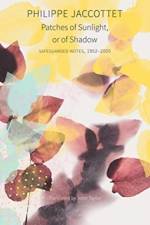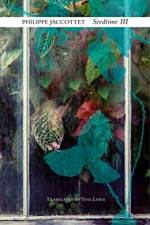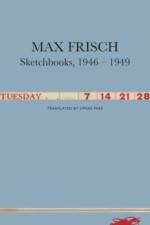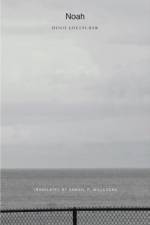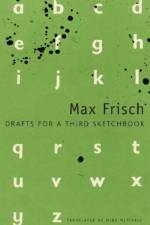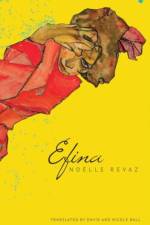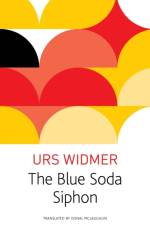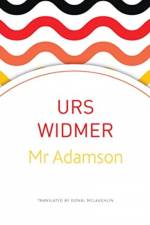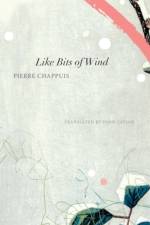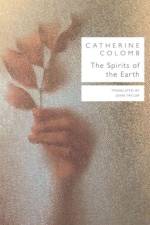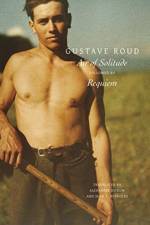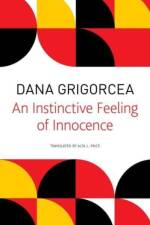av Max Frisch
357
A new translation of one of the earliest volumes of Max Frisch's innovative notebooks. Throughout his life, the great Swiss playwright and novelist Max Frisch (1911-1991) kept a series of diaries, or sketchbooks, as they came to be known in English. First published in English translation in the 1970s, these sketchbooks played a major role in establishing Frisch as, according to the New York Times, "the most innovative, varied and hard-to-categorize of all major contemporary authors." His diaries, said the Times, "read like novels and his best novels are written like diaries." Now Seagull Books presents the first unabridged English translation of Sketchbooks, 1946-1949 in a new translation by Simon Pare. This edition reinstates material omitted from the 1977 edition, including a screenplay for an unmade film. In this first volume, which covers the years 1946 to 1949, Frisch chronicles the intellectual and material situation in postwar Europe from the vantage point of a citizen of a neutral, German-speaking country. His notes on travels to the scarred cities of Germany, to Austria, France, Italy, Prague, Wroclaw, and Warsaw paint a complex and stimulating picture of a continent emerging from the rubble as new fault lines are drawn between East and West. As Frisch completes his final architectural projects and garners early success as a writer, he reflects on theater, language, and writing, and he sketches the outlines of plays, including The Fire Raisers and Count Öderland. Whatever experience he chronicles in the sketchbook--whether it's a Bastille Day party, an Italian fish market, or a tightrope display amid the ruins of Frankfurt or an afternoon by Lake Zurich with Bertolt Brecht, to take just a few examples--his keen dramatist's eye immerses the reader in the setting while also probing the deeper significance and motivations underlying the scene. This new translation will serve to draw out the immediacy and contemporary quality of Frisch's observations from the shadow of his status as a classic author, bringing his work to life for a new audience.

